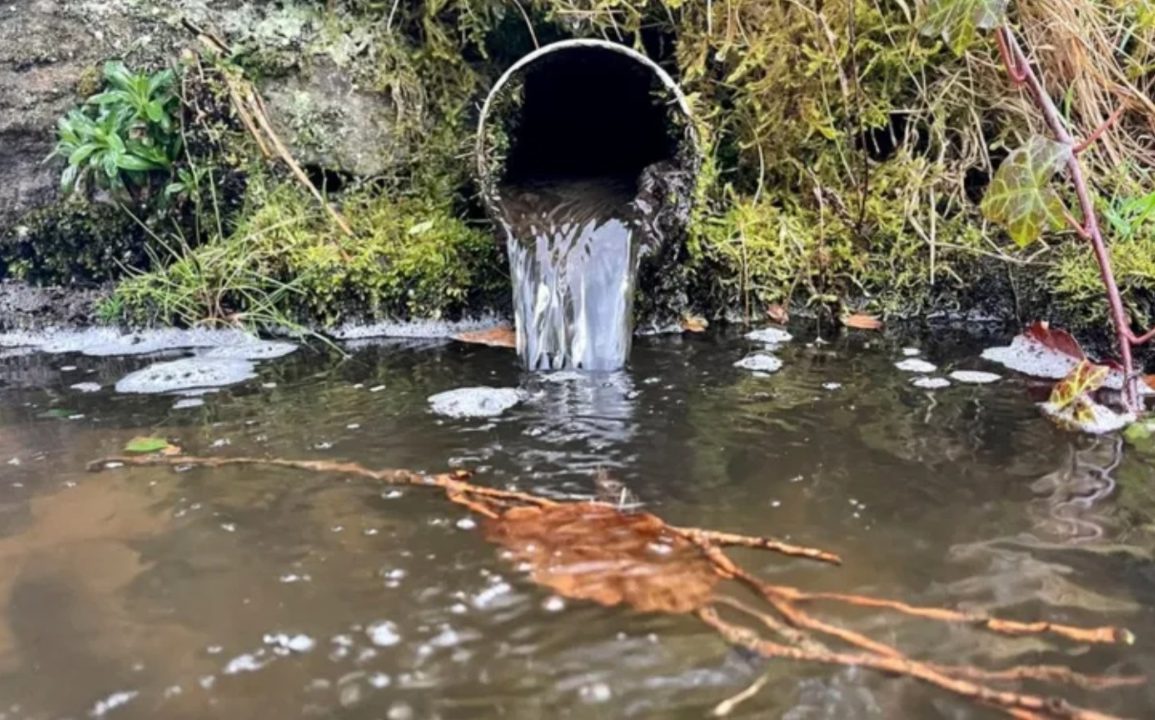Recent investigations by the Observer have revealed alarming discrepancies in pollution testing by water companies in the UK. These companies have been reported to have “passed” thousands of pollution tests under a self-monitoring system, despite evidence indicating that these tests were never conducted.
Operational data from sewage treatment plants indicates that outflows of effluent ceased on days when samples were supposed to be collected, casting doubt on the integrity of the testing process. The Environment Agency’s regulations permitted these “no-flow” occurrences to be logged as compliant, allowing companies to evade accountability for potential pollution.
Southern Water has previously been found guilty of deliberately manipulating effluent flow to avoid detection of pollution, raising serious concerns about the reliability of the data reported by these firms. Following investigations, Southern Water saw a dramatic reduction in the number of reported no-flows, suggesting that scrutiny can lead to more accurate reporting.
Campaigners, such as Peter Hammond from Windrush Against Sewage Pollution (Wasp), have called for thorough investigations into these practices and for the self-monitoring regime to be reformed to prevent future manipulation.

The current self-monitoring system, introduced in 2009, allows water companies to take their own samples for compliance checks. Each year, 12 to 24 samples are collected from sewage plant outflows, and if no effluent is flowing during sampling, the plants are deemed compliant.
This system has raised concerns about the transparency and accountability of water companies, particularly after Southern Water’s manipulation of sampling dates became public. Investigators found that the company had provided misleading information about its wastewater performance to regulatory bodies, including the Environment Agency and Ofwat.
Wasp’s analysis from 2021 to 2023 identified numerous instances where no-flows were reported coinciding with sampling, undermining the legitimacy of compliance claims.
The group argues that many of these no-flow events occurred despite prior indications that the plants could be breaching their permits, necessitating proper investigations by regulators. Water companies have defended their practices, citing legitimate operational issues like blockages and maintenance, but critics argue these explanations do not justify the lack of oversight.
In response to these issues, the Environment Agency announced it would revise its regulations by early 2025, requiring companies to reschedule samples in the event of no-flow situations. The agency has emphasized that it investigates no-flow incidents when there is an environmental risk, and it is currently undertaking an extensive investigation into widespread non-compliance among water companies.
Ofwat is also examining the situation, with a commitment to review evidence and enforce environmental protections. In light of past failures, Southern Water has pledged to improve its data reporting and operational transparency, acknowledging the need for more stringent compliance measures.

